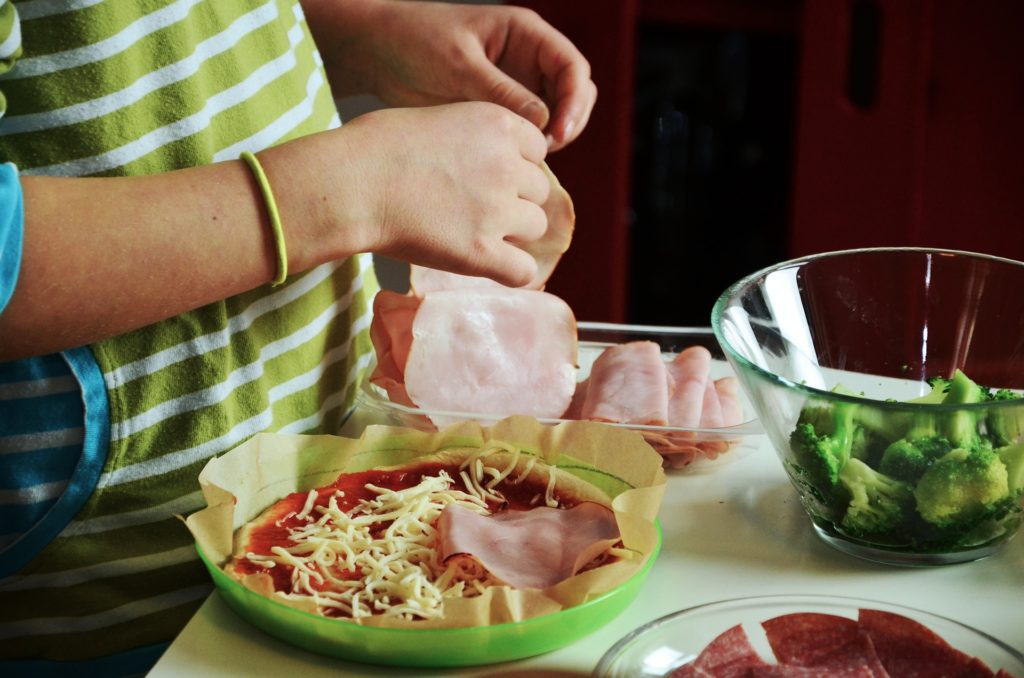
Why you should have the ‘toilet talk’ with your kids
Rose-Frances Clause, pediatric nurse practitioner, McMaster Children’s Hospital

The digestive system is an important part of the body—and it’s often overlooked. Your digestive tract breaks down food into nutrients that allow the body to function effectively. During cold and flu season, infections can affect the digestive system, so this time of year it’s especially important to keep it in good health. Children may have trouble speaking up about digestive issues, so as a parent, you can help keep them on track.
Poop is one of the most important indicators of bowel health and overall digestive health. Asking your kids about their bowel movements, or simply peeking in the toilet before they flush can help you identify many digestive health problems. For older kids, these conversations may feel awkward. Try using humour to strike up a conversation about any digestive issues you might suspect, or help them keep a record of their poop using a notebook or an app.
Look out for markers that may indicate constipation or diarrhea. Stool that is hard or painful to pass may be a sign that your child is constipated. Traces of bright red blood in the stool can also indicate constipation. This can often be resolved by increasing the amount of fibre your child eats. Kids should consume between 15 and 25 grams of fibre per day in foods like cereals, pears and apples with the skin on, or hummus made from chickpeas.
If your child’s stool is runny and watered-down, this may be a sign that they have diarrhea, which is often caused by an infection. The number one way to combat diarrhea is to prevent it. Good habits like washing hands thoroughly, and wiping down frequently used surfaces are the easiest ways to prevent the spread of infection. If your child does have diarrhea make sure they stay hydrated by drinking plenty of fluids, and continue to eat a regular diet full of whole foods.
Having the ‘toilet talk’ with your child may seem silly but it will help them understand the importance of what goes in and what comes out.
Another marker of digestive health concerns is black looking stool This is likely caused by bleeding higher up in the digestive system, and is often the result of an infection or inflammation. If you notice this symptom, you should meet with your child’s health care provider for advice. Spotting any of these symptoms can help reveal any early signs of illness, and any concerns should be shared with your provider.
For healthy kids, maintaining good digestive health is all about forming good habits:
• Encourage them to wash their hands thoroughly, and to wipe down communal kitchen and bathroom surfaces.
• Practice healthy eating focused on less processed and more whole foods. Offer brightly coloured fruits and vegetables that are full of nutrients and fun to eat.
• Create a regular toilet time for your child once or twice per day, in an unhurried and relaxed bathroom environment.
• Try using a step-stool or a ‘Squatty Potty’ to elevate your child’s feet and knees to a more natural and healthy squatting position while they poop
Having the ‘toilet talk’ with your child may seem silly but it will help them understand the importance of what goes in and what comes out. By empowering them to eat well and prevent infection, you are contributing not just to their digestive health, but their overall health as well.
